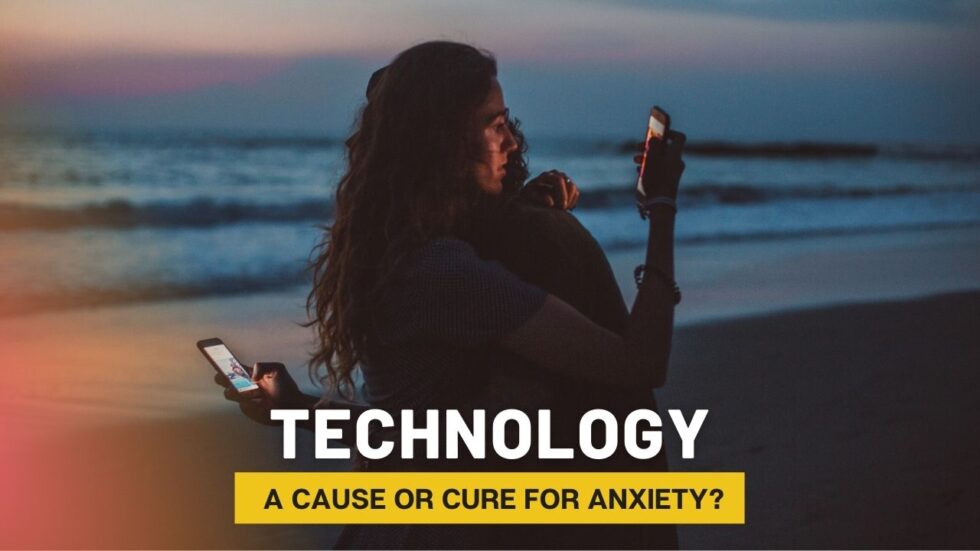
Hello, world. I welcome you to LifeRocks. You think about it. Let's talk about it.
I like news. I'm sure you like news, as well. There's somewhat a desire to keep up with what is happening in the world. But today, along with news, there is what we call fake news. So we've got to distinguish fake news from true news. And during a time when fact has become dissipated and truth has been diluted, people don't know what to believe. They believe whatever they find on their smartphone screen.
I wish we were as smart as our phones were. A stupid user, like me, sometimes looks at stuff in the late night for news and I find it difficult to discern between true news and fake news. The problem with fake news, it actually generates social discontent. And we get angry with people we don't know, or we don't like, and then there's conflict, things spread, there's lynching in the streets.
Worse than that, it's also inner discontent. Did you know that Indian students check their emails 150 times a day, look at the screens? And they also say they have loneliness, dissatisfaction, and anxiety, even suicidal tendencies. So the problem of
addiction to the screen is a challenge.
I actually have an app which tells me how much screen time I spend every day. I'm not proud of most of it. This morning, when I was writing this talk, my app said I'd already spent an hour and 37 minutes before 11:00 AM. And I don't know what it's going to be
tonight.
How can we address this matter of anxiety, loneliness, and dissatisfaction where we are asking technology to travel life with us? That is a real problem. Now there's a huge amount of discussion whether the technology companies are responsible for it or the
users are responsible for that kind of decision.
The technology companies are conflicted because the more time you, as a user, spend on their app, the better their revenues. And so we cannot trust them to limit our exposure to their apps. And now they're blaming them for creating addiction by design. So we've got authors now saying, let the technology companies take the blame and they should do what they must.
I'm talking however, to you as a fellow technology user, should we do what we must? Yes. And how can we do what we must, especially if it leads to loneliness, and dissatisfaction, and anxiety? That's a really deep problem. Two recent authors have actually said that you need to ask questions like, by using this app, am I happy at the end of the day or unhappy?
Or they ask a larger question, by using this app, at the end of my life, would I have said I've used my time wisely? Is it generating addiction or is it harmful? Those are good questions. We ask them, but even though we know the answers to the questions, we don't know how to live those answers.
How do we go about addressing this matter? Well, it's all a matter of trust, let me address this, because technology trusts me, trusts you. For example, when I start my car and start moving, it says I am not driving as an option. So I don't want to be dishonest and lie that I'm not driving while I'm driving, so what I do is I pull to the nearest light, completely stop, I hit the I'm not driving, and now I can make my phone calls.
I try not to look at other more distracting apps and so on. So technology trusts us. And we trust technology too. We are asking it for information. Sometimes, technology provides good information. It gives good sources and services. Whether you should trust the technology companies is a deeper issue. And I've already told you that technology companies, they exist, and survive, and become successful by the amount of time that you use their apps.
The real question is whether you can trust yourself. Can you trust yourself to limit your app exposure? And technology companies smile, because you don't have the power to limit your app exposure. It has become addictive. We think it's by design, but it's really
by our habit and by our desires.
So what can you do? I want you to think through the deeper question, if you're looking to technology for the sake of handling your loneliness, your dissatisfaction, and your anxiety, technology cannot be your eternal Savior. It can give you some temporary relief,
some temptations to which you can yield, and you know what I'm talking about.
But what you need for your loneliness, dissatisfaction, and anxiety cannot be found there. You need an eternal Savior-- and technology is not, even a technology company is not-- an eternal personal Savior who can give you peace in the middle of your dissatisfaction, who can give you calmness in the middle of your anxiety, who can give you assurance in the middle of your loneliness.
And that is exactly what the Lord Jesus gives to us, because loneliness, dissatisfaction, anxiety are caused by a still deeper problem called sin. We have transgressed. We have rebelled. And as long as we don't have our relationship with God right, we are going to face that. But once that relationship with God is established by trusting Him, rather than technology companies, or ourselves, or anything else, by trusting Him He says, I will walk you through as your eternal Savior, even when you're lonely, even when you're dissatisfied, even when you're anxious.
So whom do you trust in the middle of your desires and your habits to keep you from addiction and keep you from harming others? I present to you the Giver of peace in the middle of technology and its challenges. You think about it. Let's talk about it.

 ADMINISTRATOR
ADMINISTRATOR
 ADMINISTRATOR
ADMINISTRATOR
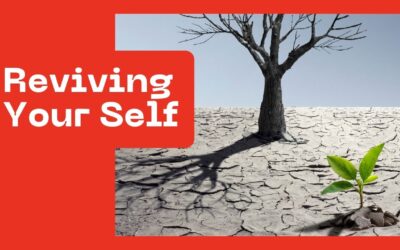 ADMINISTRATOR
ADMINISTRATOR
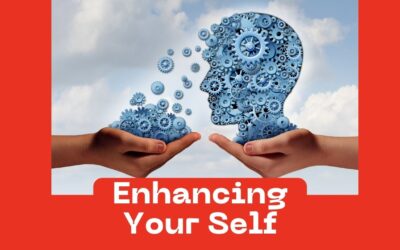 ADMINISTRATOR
ADMINISTRATOR
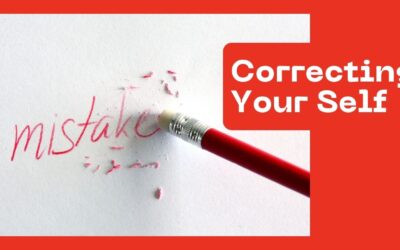 ADMINISTRATOR
ADMINISTRATOR
 ADMINISTRATOR
ADMINISTRATOR
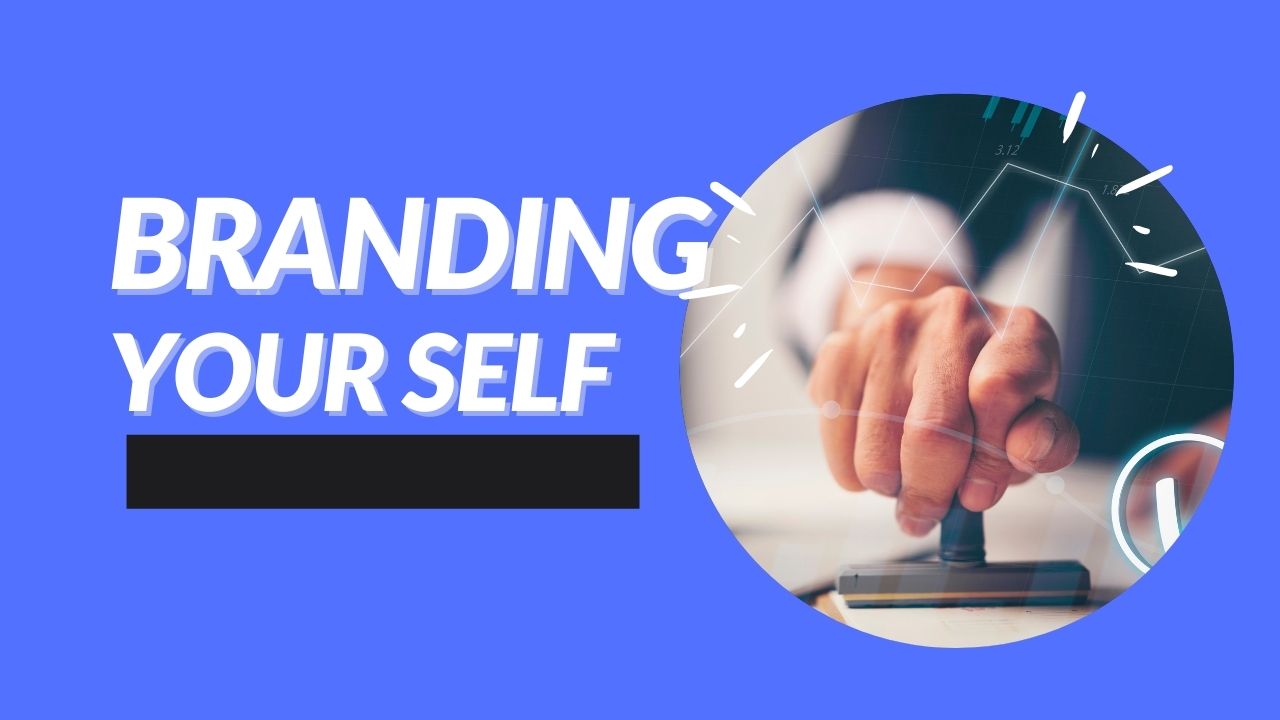 ADMINISTRATOR
ADMINISTRATOR
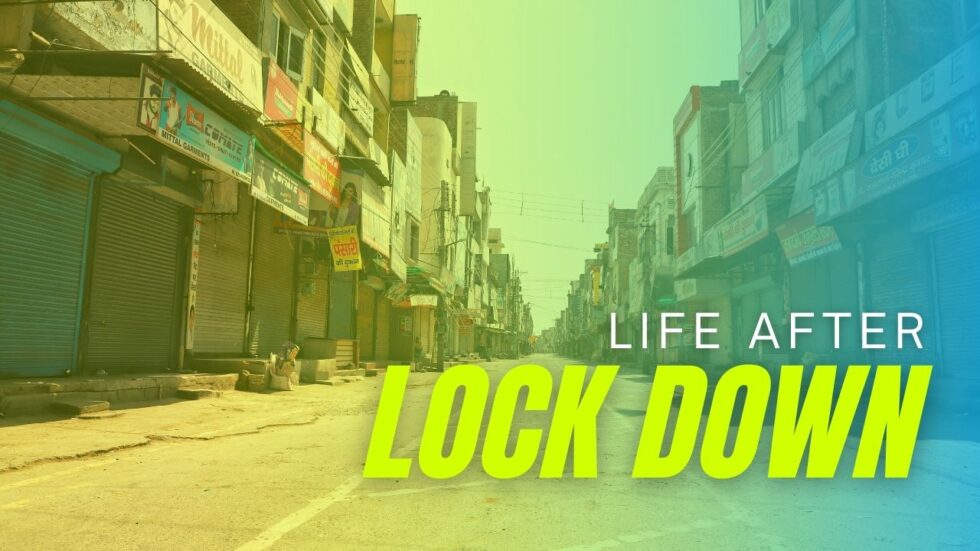 ADMINISTRATOR
ADMINISTRATOR